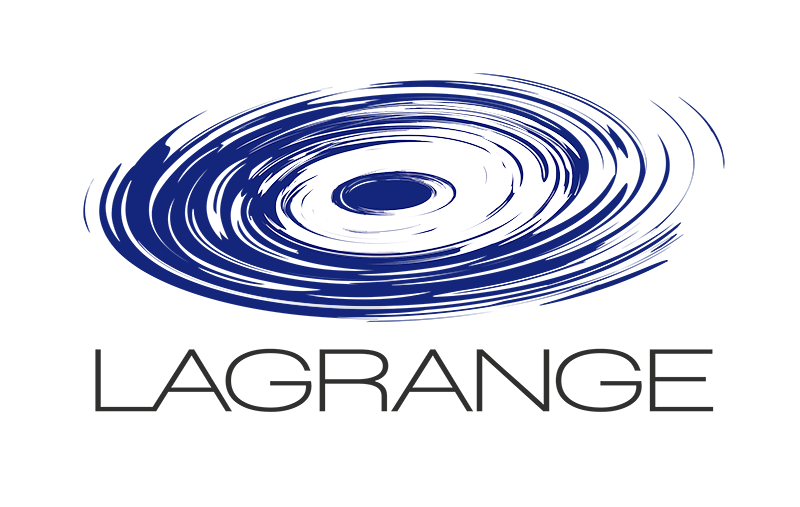The Lagrange Laboratory (CNRS-UCA-OCA) of the Observatoire de la Côte d'Azur (OCA, Nice, France) offers a postdoctoral position in the field of exoplanets.
General information
- Workplace : Observatoire de la Côte d’Azur, Boulevard de l’Observatoire, Nice.
- Date of publication : 9th February 2022
- Type of contract : FTC Scientist (full time)
- Contract period : 8 months
- Date of employment : 1st April 2022
- Research project : ANR GEPARD (Growth and Evolution of plAnets in pRotoplanetary Disks)
- Remuneration : depending on experience
- Level of education : PhD
- Experience required : Indifferent
- Deadline for application : 3rd March 2022
Context
This offer takes place within the GEPARD project (Growth and Evolution of plAnets in pRotoplanetary Disks), which aims at understanding the origin of the mass – distance distribution of the giant exoplanets, using numerical simulations of planets in proto-planetary disks with low viscosity. Namely, the famous hot Jupiters highlight the phenomenon of planetary migration, but they are not the majority of giant exoplanets. Also, the histogram of the masses peaks near Jupiter’s mass, while no efficient mechanism is known yet to explain the end of gas accretion onto a planetary core. But a more thorough analysis may reveal more meaningful structures.
Activities
All the previous analyses of the exoplanet population lack completeness. Indeed, many planets have only their mass or only the radius known. Besides, the stellar parameters are often neglected, although they could play a significant role (ex : metallicity, insulation…). Dealing with data in N-dimensions where many of the sample elements have unknown parameters is a very challenging task. We will use MCFA (Casey et al. 2019) to classify the asteroids of the Main Belt. This method has been already implemented in Lagrange, and applied to the Main Asteroid Belt.
The tasks will consist in (a) collecting the data concerning the exoplanets and their host stars, and preparing a catalog with reliable numbers and uncertainties (b) learning how to use the classification method (c) using it, and analyzing the results, that is : identify clusters and find their characteristics, look for stellar properties that may allow to predict the type of exoplanets they tend to host, discuss what are the most relevant exoplanetary or stellar parameters to focus on, in order to characterize exoplanets, in the frame of the future missions like PLATO.
An extension of the project is to include data of stars without exoplanet (within limits) and look for predictive stellar parameters about the occurrence rate of exoplanets, using a neural network (an other algorithm on which our colleagues have expertise).
Skills
The applicant should have some good understanding of exoplanet characterization and experience with python.
Work Context
All this work will be done in close collaboration with A. Crida, P.I. of the GEPARD project in Nice, M. Mahlke, who implemented the classification method, and B. Carry who supervises M. Mahlke. The group beyonds to the planetary science team of the Lagrange laboratory, with experts in exoplanet structure and detection and planet formation.
Application
Applicants should send a CV and a motivation letter (pdf) to crida@oca.eu before Thursday, March the 3rd 2022, noon. The starting date should be as early as possible (ideally as soon as April), and the end of the contract can not be after March 31, 2023. The duration of the position is 8 months.




